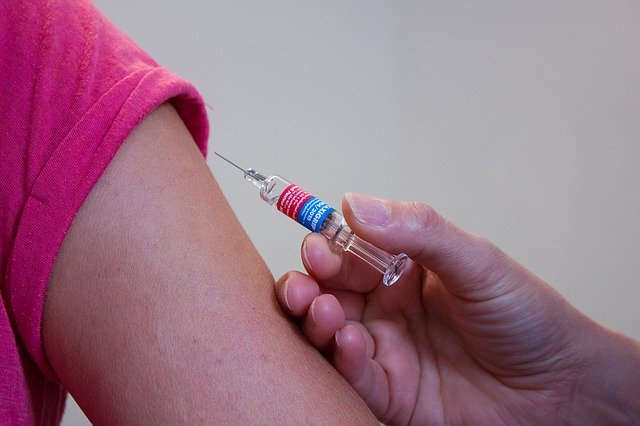The world is currently witnessing a rough time due to the Coronavirus pandemic that has killed over 781,000 people globally as of Wednesday, August 19. But now, public health experts are warning about the possibility of a "twindemic," or the overlap of seasonal flu and an expected surge in SARS-CoV-2 cases in the upcoming fall and winter.
The term, 'twindamic,' means the possibility of a severe flu season coinciding with the surge in the cases of COVID-19. A New York Times report has credited L. J. Tan, chief strategy officer for the Immunization Action Coalition—which is a nonprofit group that works to increase vaccination rates—as an "early promoter of the term."
Right now, experts are not sure whether we will witness a severe flu season or a subsequent twindemic. But Amesh A. Adalja, MD and senior scholar at the Johns Hopkins Center for Health Security, is looking at the countries in the southern hemisphere like Australia that are facing winter flu season, as he believes that a mild flu season would be really a concern at this point.

However, as per Australia's Department of Health, the flu cases have dropped during the season, as they noticed as much as 98 percent drop in cases in April. Recently, the country's FluTracking report also revealed that flu cases in Australia are "historically low," with just 0.43 percent of Australians reporting influenza-like illness.
But Dr. Adalja said in the case of U.S., "we probably won't get the same level of control of influenza as countries like Australia," as there is no such social distancing regulation to follow. Rather, "we have to prepare for a challenging flu season," said the healthcare expert.
Twindemic Situation
As reported by Health, William Schaffner, MD, an infectious disease specialist and professor at the Vanderbilt University School of Medicine said that healthcare experts are expecting a "very vigorous" respiratory virus season along with the Coronavirus threat, "perhaps increasing even more, and with influenza coming on the scene," while there are other respiratory viruses too.
He explained that doctors will face a challenging situation to treat people while determining and separating patients from the common flu and COVID-19. Another concern is that medical facilities will be overloaded while treating Coronavirus and flu patients at the same time.

Understanding the risk of two simultaneous health issues, experts are now urging people to get their flu shots. Dr. Richard Watkins, an infectious disease physician in Akron, Ohio, and a professor of internal medicine at Northeast Ohio Medical University said that it is important now to take flu vaccine because "the last thing they need is to get COVID-19 and the flu."
Dr. Schaffner also believes that the influenza vaccine is necessary, as "It is one of the viruses we can do something about." He said even though the flu vaccine is not perfect, it can prevent infections completely.
Get flu shots in October
In terms of timing of the flu vaccine, Dr. Adalja recommends that people can get their flu shots in October to make sure that the vaccine will protect them throughout the season and if someone wants to take the jab earlier that will be also fine.
The concern about a twindemic is so great that healthcare experts around the globe are pushing the flu shot, even before it becomes available in clinics. Experts have advised to keep practicing other methods to reduce the risk of Coronavirus infection, such as social distancing, wearing masks, and taking care of hygiene by washing hands quite often.
Dr. Robert Redfield, the director of the U.S. Centers for Disease Control and Prevention also urging cooperative leaders to find out ways to vaccinate employees. As per reports, the federal agency, which usually purchases 500,000 doses for uninsured adults, ordered an additional 9.3 million doses this year.
Apart from the U.S., in U.K. Prime Minister Boris Johnson has been promoting his own pro-flu-shot campaign and labeled those who opposed the flu vaccines as "nuts." He also announced Britain's largest ever roll-out of the shots.









